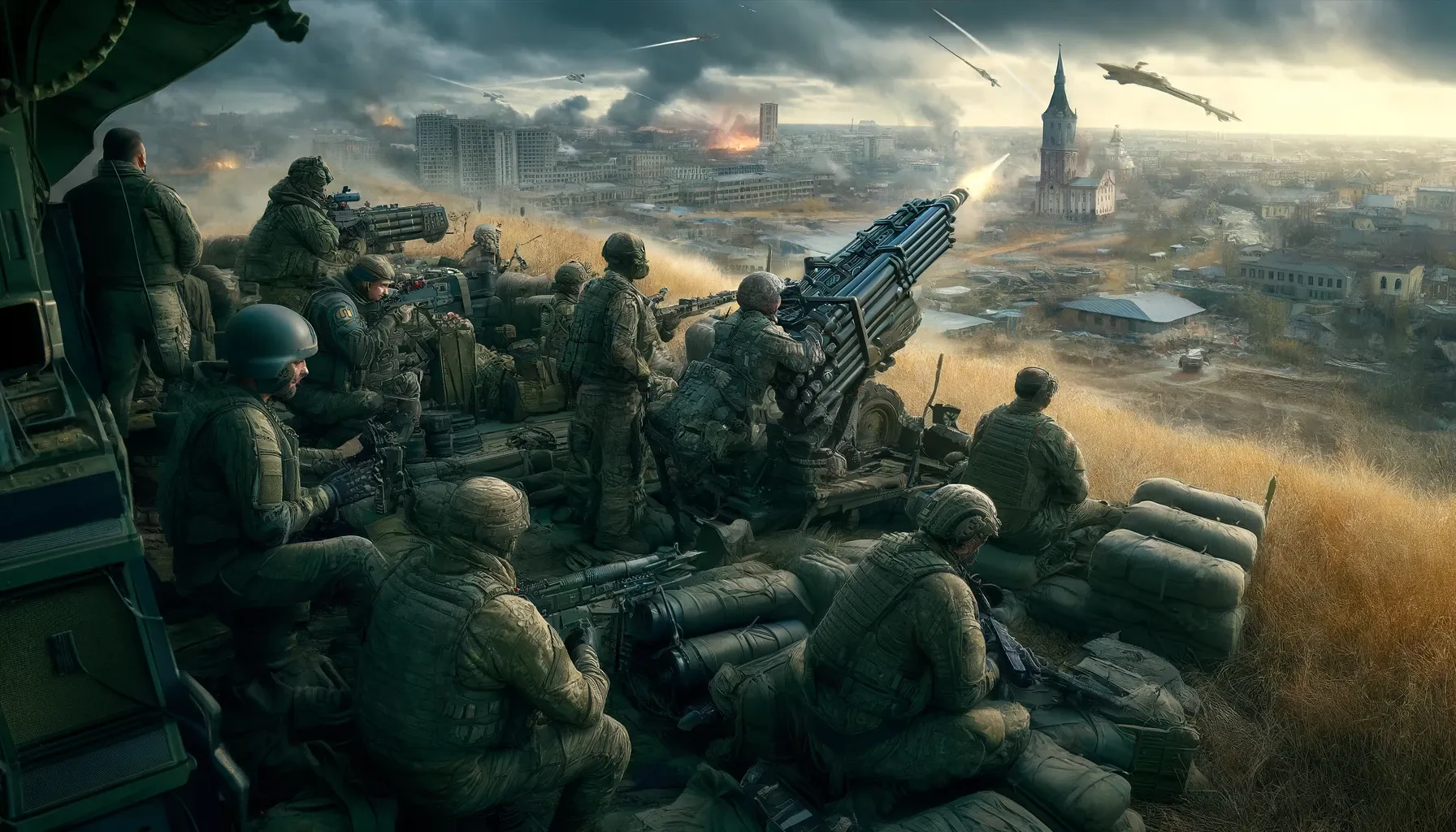Biden Quietly Approves Ukraine to Strike Inside Russia with U.S. Weapons
In a significant shift in policy, the Biden administration has discreetly granted Ukraine permission to use U.S.-provided weapons to strike inside Russia, specifically near the Kharkiv region. This decision, confirmed by three U.S. officials and two others familiar with the matter, marks a major reversal and aims
In a significant shift in policy, the Biden administration has discreetly granted Ukraine permission to use U.S.-provided weapons to strike inside Russia, specifically near the Kharkiv region. This decision, confirmed by three U.S. officials and two others familiar with the matter, marks a major reversal and aims to bolster Ukraine's defense capabilities in its second-largest city.
"The president recently directed his team to ensure that Ukraine can use U.S. weapons for counter-fire purposes in Kharkiv so that Ukraine can hit back at Russian forces attacking them or preparing to attack them," one U.S. official stated. This change, however, does not alter the broader policy against long-range strikes inside Russia.
This policy shift was requested by Ukraine following Russia's renewed offensive on Kharkiv. The flexibility now allows Ukraine to use American-provided weapons, such as rockets and rocket launchers, to intercept Russian missiles targeting Kharkiv and to strike Russian forces massing near the border.
While this new directive enables Ukraine to defend itself more effectively, there are strict limitations. Ukraine is prohibited from using these weapons to attack civilian infrastructure or to launch long-range missiles deep into Russian territory. The use of American weapons is restricted to countering immediate threats near Kharkiv, thereby avoiding further escalation that could directly implicate the U.S. in the conflict.
The Biden administration's decision reflects a nuanced response to evolving battlefield conditions. Initially, the administration believed that allowing such strikes could escalate the conflict. However, Russia's improved position and advances in Kharkiv have prompted a reevaluation.
This move has received mixed reactions. U.S. allies like the United Kingdom and France have voiced support for Ukraine's right to strike inside Russia using Western weapons. Meanwhile, bipartisan support within U.S. Congress and backing from top military officials underscore the perceived military value of this policy adjustment.
Secretary of State Antony Blinken hinted at this potential policy shift, emphasizing that U.S. policy toward Ukraine would evolve as necessary. The National Security Council and other top officials have yet to provide detailed public commentary on the decision.
There are concerns that Ukraine might use these capabilities to strike targets within Russia unrelated to the ongoing invasion. U.S. officials have stressed that American weapons must only be used to target Russian military sites directly involved in the invasion of Ukraine.
Ukrainian leaders, including President Volodymyr Zelenskyy, have consistently advocated for the ability to counter Russian troop positions across the border. The recent policy change addresses Ukraine's strategic needs, especially in the context of defending Kharkiv.
In conclusion, this policy shift by the Biden administration represents a calculated move to support Ukraine's defense while attempting to manage the broader risks of escalation. The situation remains fluid, with ongoing diplomatic and military considerations influencing future decisions.





